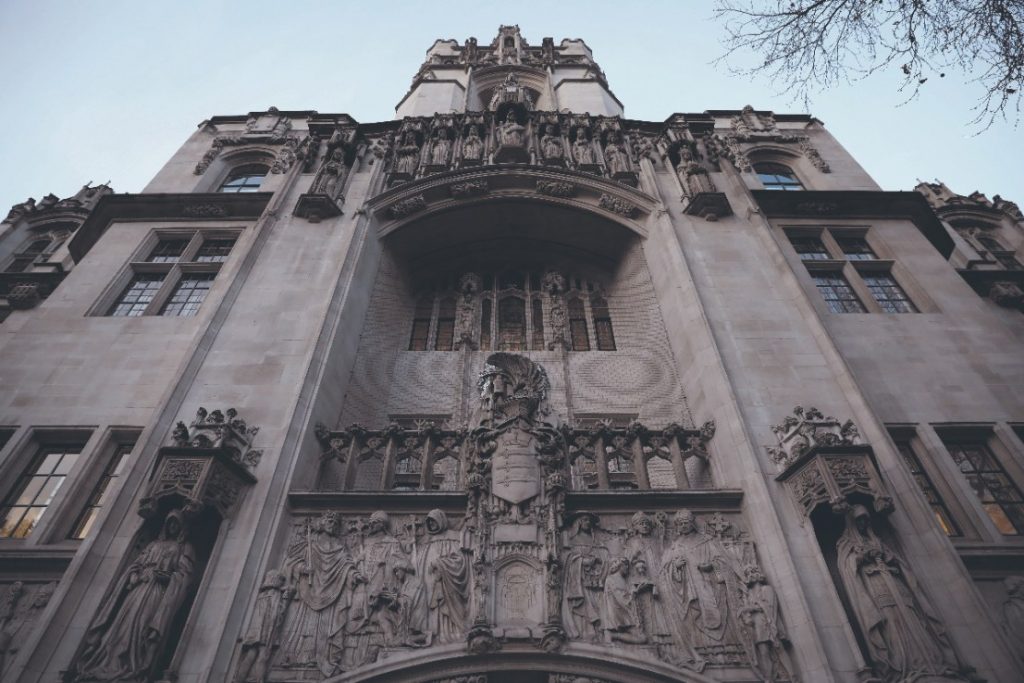Lenders swim in shark-filled waters, with their fate in the hands of five Lord Justices as parties prepare for a showdown over motor finance on Tuesday.
Like any typical day, the Court of Appeal hands down its judgments, but on one particular Friday last October, one ruling turned a sector on its head.
Lady Justice Andrews, Lord Justice Birss and Lord Justice Edis heard three cases together, all appealing from regional English courts, but with one thing in common: motor finance commission.
Merchant banking group Close Brothers and South African Firstrand Bank are the targets in this case.
In each case, the car dealers made a profit on the sale of the car but also received a commission from the lender for introducing the business to them. The dealers were incentivised to fix the interest rate as high as possible within the permissible range to maximise the commission size.
These types of agreements have been banned by the Financial Conduct Authority (FCA) since January 2021.
In one of the cases, the commission was kept secret from the claimants, while in the other two, the claimants were not told that the commission was to be paid.
The legal proceedings were issued against the banks, seeking, among other things, the return of the commission paid to the credit brokers.
After appearing at the County Courts, the cases went to the second highest court in England, which resoundingly sided with consumers.
‘David vs Goliath‘
The ruling caused a shockwave in an industry already preparing for a review by the FCA.
The City regulator was amidst a review of the historical motor finance commission arrangements and sales across several firms.
Lloyds, which owns the country’s biggest auto lender, Black Horse, made a £450m provision in February 2024, while a month later, Close Brothers, considered the most exposed bank in relative terms, outlined plans to bolster its finances by £400m in response to the probe.
But the court put a spanner in the works.
Over the last six months, Close Brothers’ share price has plunged nearly 24 per cent. While Lloyds Bank set aside an additional £700m in provisions, bring the total to £1.2bn. Meanwhile, Santander set aside £295m and Close Brothers reserves £165m.
There are now billions of pounds on the line after Moody’s quoted a potential compensation of £30bn.
The Headliner
Not surprisingly, the case is going to the Supreme Court.
The hearing is so vital that even HM Treasury tried to intervene, with the Chancellor concerned about the possible consequences of a ruling, but their bid to participate was rejected last month.
Despite the parties wanting a more extended hearing, the case will go in front of Lord Reed, Lord Hodge, Lord Lloyd-Jones, Lord Briggs and Lord Hamblen from next Tuesday until Thursday.
In addition to the main parties, the FCA and the National Franchised Dealers Association were granted permission to intervene in the hearing.
The Lord Justices will have five issues to consider, including:
Do car dealers owe consumers a ‘disinterested’ and/or fiduciary duty to provide information, advice or recommendation?
If so, were the payments of commission by the lenders to the car dealers secret, such that the lenders became primary wrongdoers?
If there was sufficient disclosure of the commission to negate secrecy, was there insufficient disclosure to procure the consumers’ fully informed consent to the payment such that the lenders are liable?
Can the lenders be liable in the tort of bribery?
Can insufficient disclosure also suffice to make the relationship between lender and consumer ‘unfair’ under the Consumer Credit Act?
Once a ruling is published, the FCA said it would publish its decision within six weeks of whether it proposes a redress scheme.
There is also a separate matter on the same topic in the courts after Barclays lost a legal challenge against the Financial Ombudsman Service over a ruling that said it unfairly paid car commission.
